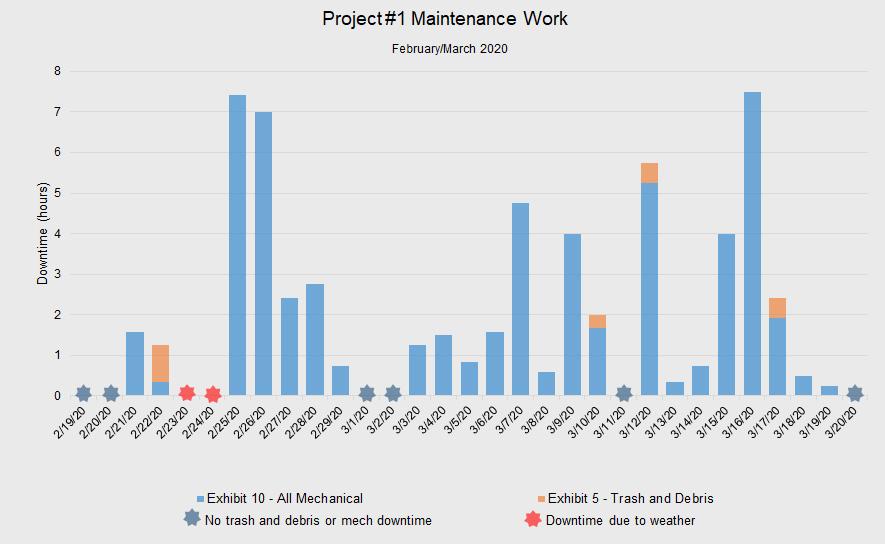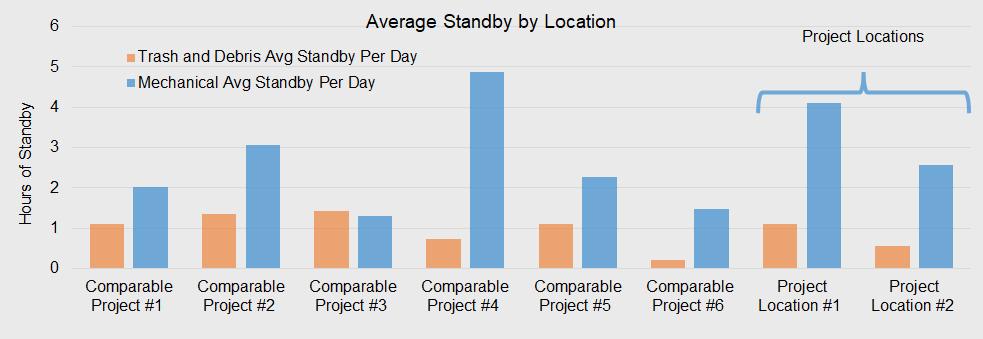Project
- 2.6+ MM cubic yards of dredging in channels and berths
Contract
- $68MM, Not-to-Exceed Contract
Primary Issues
- Unforeseen Conditions
- Standby Time
- Labor and Equipment Productivity
Dispute
A US ship channel operator engaged a marine contractor to dredge 2.6 million cubic yards in its waters to widen and deepen the channel. Throughout the project, the US ship channel paid the marine contractor $68 million in accordance with the contractual unit rates and quantities of work performed. Upon completing the project, the marine contractor claimed it was due an additional $43 million because of unexpected trash and debris on the project, which it alleged caused mechanical downtime.
The US ship channel operator asserted that conditions in the channels did not constitute “unusual and unexpected conditions,” and that the delays to the project were instead due to the marine contractor’s inexperience and unreliable dredging equipment. These disagreements resulted in the parties entering the mediation process per the contract’s dispute resolution plan.
Approach
Counsel for the US ship channel operator retained Interface to analyze the alleged $43 million in claimed damages to deepen and widen channel areas due to “unusual or unexpected conditions,” in particular excessive trash and debris which allegedly caused downtime and lost productivity during the dredging operation. The marine contractor’s claim was largely based on a measured mile style analysis that compared the productivities of six other dredging projects to this US ship channel project.
Unforeseen Conditions and Standby Time
A substantial portion of the marine contractor’s claim consisted of unproductive standby time for both the contractor’s labor and equipment, allegedly due to trash and debris in the channel. Interface first analyzed the marine contractor’s daily standby logs and categorized the maintenance dredging work separately from the new dredging work. Through its analysis, Interface determined that the marine contractor’s comparison projects consisted of maintenance work, while the US ship channel project largely consisted of new work; thus, for accuracy, Interface compared only the US ship channel project’s maintenance scope to the six “comparable” projects. Additionally, Interface addressed the alleged relationship between excessive trash events and mechanical downtime for the maintenance work and new work by investigating whether trash and debris standby events were documented as occurring at the same time as heavy mechanical downtime.
Outcome
Interface presented its findings and opinions at mediation. Interface demonstrated that for the comparable maintenance work, the data revealed that the amount of trash and debris claimed to have been encountered was within the parameters experienced on the six other “comparable” projects. Thus, the amount of trash and debris on the project was not excessive. Interface also demonstrated that there were no trash and debris standby events during or before the periods of large mechanical downtime. Therefore, there was no proven relationship between the encounter of trash and debris and mechanical standby; instead, the likely cause of the marine contractor’s mechanical standby was its old and unreliable dredging equipment. After the mediation, the parties settled favorably for Interface’s client.



